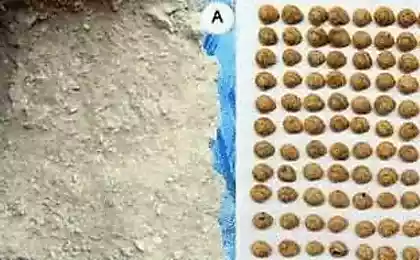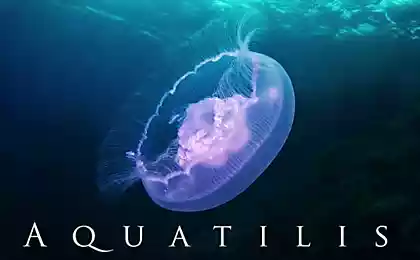341
Snails are dissolving in the ocean
Increasing acidification of Pacific ocean causes dissolution of the shells of tiny marine snails that live along the West coast of North America.
The recent discovery that surprised some researchers, suggests that sea life is highly dependent on changes in ocean chemistry caused by rising carbon dioxide levels in the atmosphere.

The researchers studied one kind of pteropod, a common planktonic snails.
Like other shellfish, they use dissolved in seawater carbonate to build their shells. But laboratory studies have shown that this process can be disrupted and the membranes can dissolve, if the sea water becomes more acidic or the pH is lowered (temperature also has an influence). All this raises concerns that marine ecosystems can be seriously affected.
To assess oceanographer Nina Bednarek from the National oceanic and atmospheric administration (NOAA) in Seattle, along with colleagues collected snails in 13 regions, between Washington and southern California.
Researchers scanned the sea creatures and found: more than half of the shells showed signs of dissolution. It is not clear how such damage can affect the lives of all ecosystems. But, as noted biological oceanographer Lawson from the University of Massachusetts: "if the shells dissolve as fast as the authors claim, the effects on the population and the food chain is not so easy to predict".

Source: nauka24news.ru/























